One of the more intriguing Indian titles playing in the India Story section of this year’s Jio MAMI Mumbai Film Festival is a psychological thriller named Maroon — starring the fantastic Manav Kaul, and directed by a young man simply known as Pulkit. The trailer (which can be seen below) has already raised expectations and captivated with its soundscape; how often do you get to see a tense, well-made Hindi-language single-location drama?
We got hold of the filmmaker, and spoke to him a bit about his first film, the experience and process, and his thinking that went behind a film about thinking.
Tell us a little about the title, and the process that goes beyond making a one-location low-budget film in 15 days. Does your thinking get compromised during the writing process itself to keep it smaller?
P: When I wrote the screenplay, we had a different title, which we couldn’t get because it was registered in someone else’s name. After thinking more about the title and doing our research, we settled on Maroon. Maroon in English as a verb means to leave someone trapped and alone in an inaccessible place. While watching the film, the title slowly begins to make sense.
Because I have never been to any film school, I’ve formed my own process to make a film. I experimented with the process while making my short film, Bombay 1992, and it was appreciated by all. While making Maroon, I followed almost the same process, but obviously had to adopt a better way by thinking wider because it’s a feature-length project.
I started my pre-production three months before the shoot. My assistant directors and I worked really hard but smartly to make sure we all can see the film before going to shoot. I also did a ten-day actors’ workshop to make sure that everyone is on the same page. Shooting the entire film in just 15 days was not my plan actually. I narrated the screenplay to many producers but they thought the story is too dark for the Indian audiences. And eventually Jyotsana (Nath) came onboard as a producer, who had trust in both, the story and me; we realised that if we have to make this film happen then it has to be within a limited budget.
But on the other hand we had to make sure that we are not compromising on any aspect of the making. So firstly, Jyotsana and I decided that we have to shoot it in 15 days, and soon managed to convince the others. It was possible. After that, my DOP, my editor and I made a thorough shooting plan — so that we could actually shoot the entire film without failing, and without wasting our time on location.
Whenever I write something I don’t think much and I don’t compromise. I write only when I get connected to the story. I shot Maroon exactly the way I had written and imagined it.
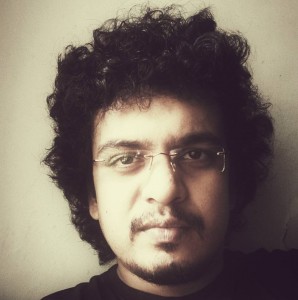
It’s different than a stage play, in the sense you can design the way you want viewers to think. How did you go about planning your sound design and the look of the film? Why Dehradun as its location?
P: I was very specific about both, the sound and the look. I believe that these are very important pillars of any film; many of the independent films I’ve seen lacks in one or both of these aspects. Also, the film is psychological thriller — so yes, sound and visuals plays a vital role. When I wrote the screenplay, the first person I got onboard was my sound designer, Mandar Kulkarni, who has done all of Hansal Mehta’s recent films right from Shahid, along with Anurag Kashyap’s Ugly. After the narration, I told him immediately that I needed sound to be the hero of the film. As you mentioned, sound design is something that can make the audiences think in a certain manner. We did a number of readings together, and we made our notes about the sound before shooting the film. The same for the visuals, too. My DOP, Soumik, is also making his debut with this film. We sat together for more than a month before the shoot, listed our references, made our lighting patterns and also the shot breakdown of the entire film. We prepared as much as possible. My production designer and editor were also involved with my meetings so that nothing would be left to chance on set.
As for Dehradun — it is a quiet city, and my character is very disturbed. I wanted to have a contrast between the city’s character and my protagonist.
The music by Sagar Desai is very string-heavy and somewhat reminiscent of Karan Gour’s score for his psychological indie drama, Kshay, a few years ago. In both cases, it portray the protagonists’ spiral into a darker zone. Tell us about the process of designing the soundtrack and atmosphere.
P: I don’t know much about Kshay. I have not watched it. Designing the soundtrack for Maroon was quite an experience, though. Sagar Desai came onboard once I locked my edit. And Sagar and I both felt that working with references is not worth the trouble because eventually you loose the originality. You get hooked onto a particular tone, and it’s hard to come out of it as a filmmaker. I was very sure from the beginning that the music has to be the strongest element to set the mood. I gave Sagar a month to experiment with the footage to see what kind of music he felt we should go with. After one month, we both started our late-night scoring sessions. Eventually, we came up with the final score. I always wanted the music to compliment the sound design while simultaneously blending well with the ambiance and background. If you look at his past work like Aankhon Dekhi, he has that perceptive sense of balancing music with the ambiance.
A psychological thriller is a tricky genre to navigate first up — especially one without fancy visual effects etc. How did you come up with the idea, and what (films/incidents) influenced your cinematic language?
P: When ever I am writing something, I look for the connection that helps me move ahead. If I don’t feel connected to it, I can’t write. Long back, I met a few people who were fighting trauma in their head. They were shattered, and complete insomniacs. As a film maker, I was very fascinated about this inner turmoil: the way they think, the way they talk, and especially the way the are looking for sound sleep, which is very dark and wicked. Initially when I started, I was sure that I don’t have to write the story but I’ve to write the mind first. But it is very difficult to get in the same mental zone and write the mind in our real world. So there was a friend of mine who was admitted into a hospital for a spinal surgery. I requested to join him as a care taker there because I knew the hospital is the best place to cut off from the world, and perhaps enter a certain mind space. There was no wifi and mobile network either. I stayed there for twelve days, and on the thirteenth day, I had the screenplay. While in hospital, I realised how bad the silence can kill you and what magic sound inherently has.
How did you convince Manav Kaul to do your film? His stage experience seems to have been harnessed more than his usual mainstream roles.
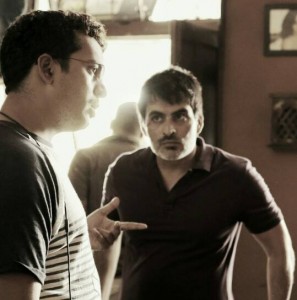
P: I met Manav a couple of years back after one of his plays at Prithvi theatre (Juhu, Mumbai). I was blown away by his writing, and later on, I watched his films too. Then I approached him with a different story — a weird cinematic experiment I was keen to do. He loved the idea but said it was difficult to say yes to a story like that because no one would support us. Then again I met him in Goa, where asked me to write something else instead. “We will do the experiment later in the life,” he promised. And yes, he was right; I came back to Mumbai and started writing Maroon. A day before going to the hospital, I called him and told him I was writing a screenplay for him. “I’ll see you after 13 days,” I said. It was my first narration; on the fourteenth day I narrated the screenplay to Manav, and he was so excited. Let’s do it, he said. That’s all I wanted to hear.
Manav Kaul was always my first and last choice for this film. He is a brilliant actor and keen supporter. His eyes have depth and his thoughts are even deeper. He was so much into the skin of the character; it was magic to see him perform on the set. He was mad, he was lost, he was happy, so many emotions…and thats how I saw my character Saurabh Sharma.
At the core of your film seems to be a broken relationship, and one person’s reaction to it. You don’t use flashbacks, but a lot of phone calls and external voices; how clear were you about their backstory, and not letting it drift into the realms of a more conventional horror film?
P: Using flashbacks, I feel, is the easiest (and occasionally, laziest) way to establish all kinds of answers. From my script to the screen, I was very sure that I didn’t want to use flashbacks in this film. I’ve used phone calls as a tool to get in and out of the real world and the character’s mind. And as fas as the backstory is concerned, I wrote it first before the screenplay and then made sure that it has a visible effect on the character without literally showing it. I always feel that the viewers are smart enough to brain storm in this kind of film, and I wanted them to have this space and freedom to think.
What have the reactions so far been like? Especially from back home?
P: Reactions so far have been overwhelming. After we finished our film, we had a trial show in which we invited industry people who love and make this kind of cinema. Folks like (writer-editor) Apurva Asrani, (editor) Aarti Bajaj and (director) Bijoy Nambiar; they really loved the film. Not only love, they also supported us to show the film to many people from the industry. I’m just waiting for audiences to react to our India premiere at this year’s Jio MAMI Mumbai Film Festival. A huge prestige, this.
Most importantly, the reactions from back home…inexpressible. My father has struggled his entire life to make sure that I can do what ever I want to do. He has been super supportive throughout. Especially when you’re trying your luck in cinema, it’s very important to have support from your parents. People often underestimate their influence. They trusted me, and I respected that. Now they are feeling proud, and I am happy to know that they are proud.
How does an independent filmmaker sustain a living between feature films and pitching scripts?
P: It’s very difficult. Not being from this city and film industry, it’s tough to sustain a life here, both financially and mentally. Money is something that makes you paralysed in its absence, and the worst part is people don’t understand you here. It’s very difficult to meet the right people on your journey; other wise it’s very easy to get lost in the crowd. I was not lucky money-wise, but yes, I’ve met people who not only understood me but also supported me. For now, that is all I can ask for. My producer Jyotsana Nath is one, and the second is Vivek Kajaria, who has produced many good films like Fandry.
What is the plan after Maroon?
P: After Maroon, well, the journey is back on again. I am working on my next, which is still on the writing desk now. I look forward to start it sometime next year.

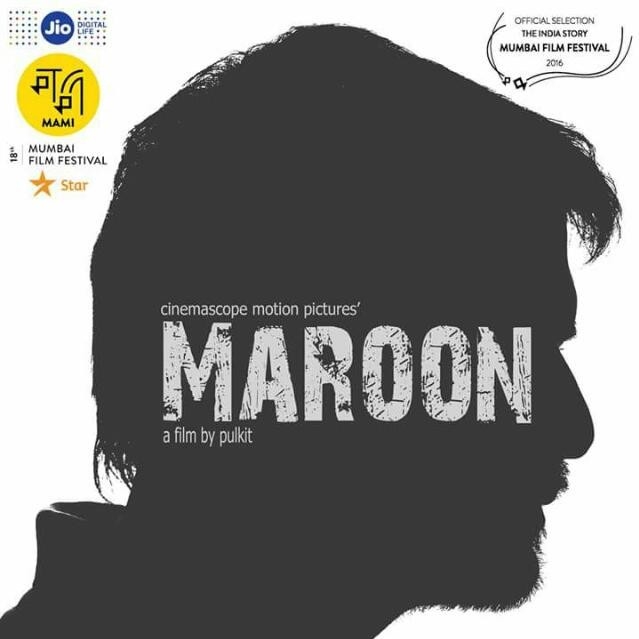

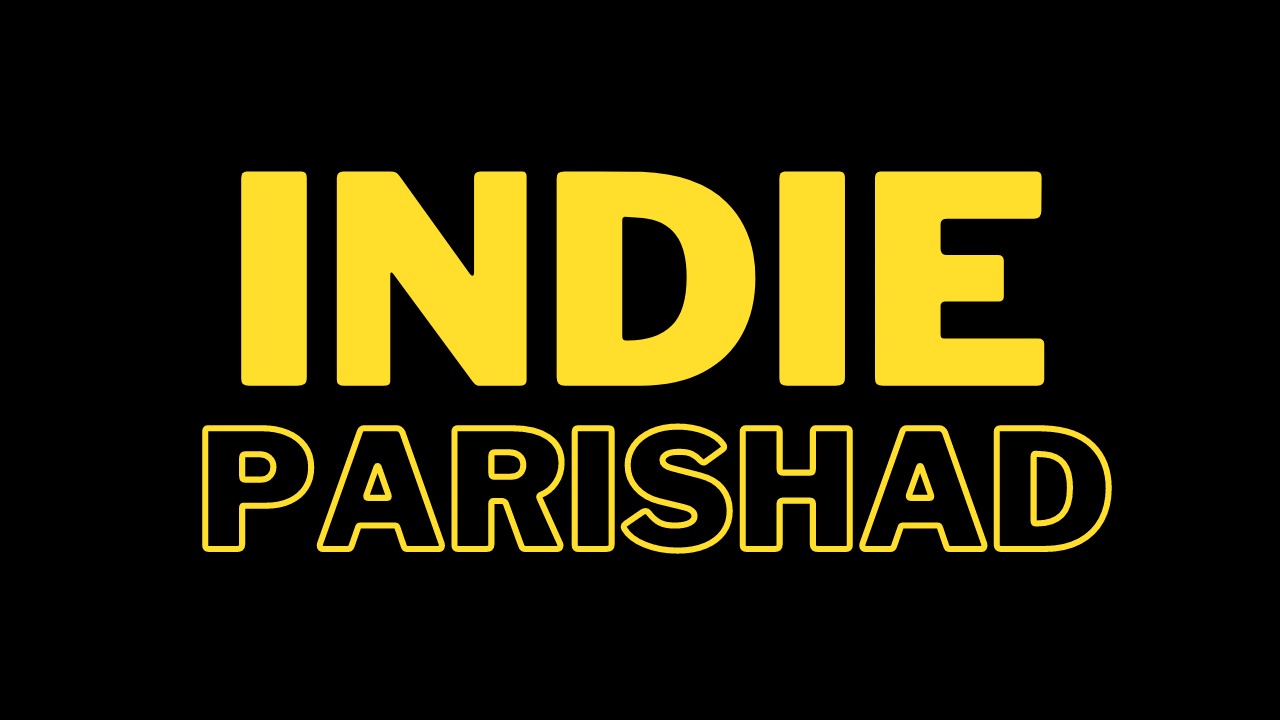
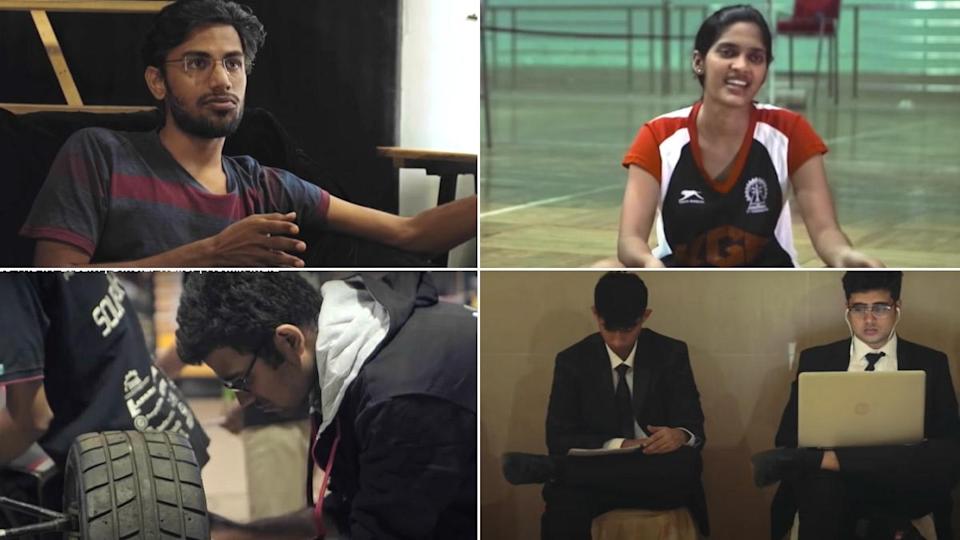
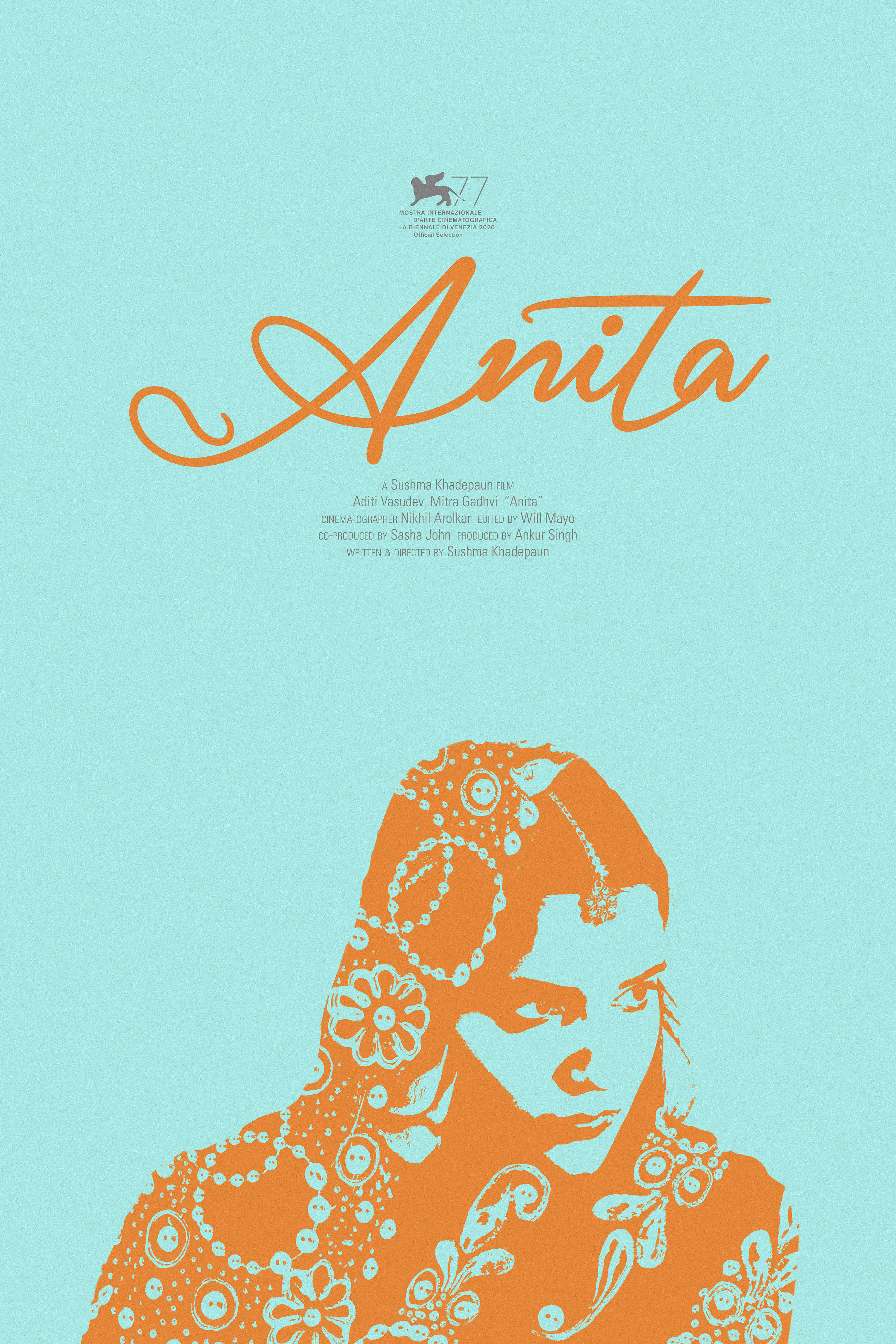
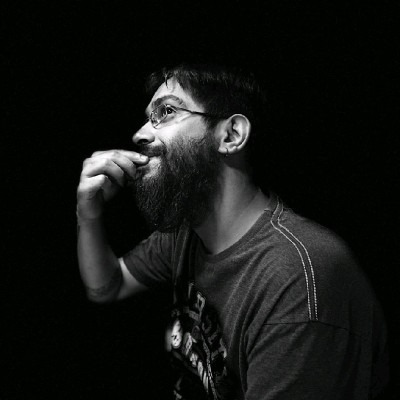


Leave A Comment
You must be logged in to post a comment.